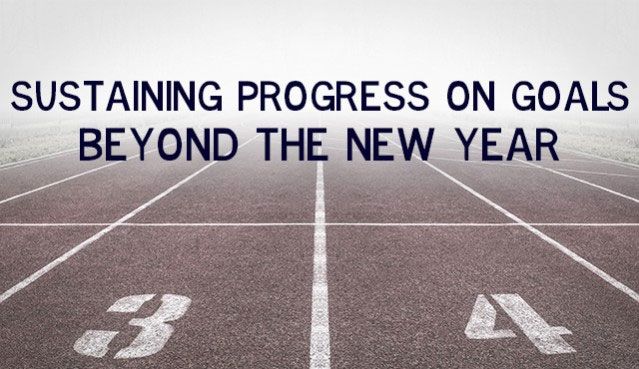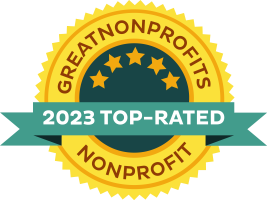
Did you make a New Year’s Resolution for 2018? How’s that going these days?
It seems like common knowledge that a high percentage of people don’t keep their resolutions and that this “drop off” happens pretty early in the year. There are books and podcasts and many websites designed specifically to help you fight that trend and stay on track with pursuing your goals. I won’t try to summarize all of that wisdom on goal management here in one blog post, but – I will suggest three areas to reflect on as you consider your progress thus far on goals you set for 2018. These are strategies that young people in Camp Fire programs learn and receive support on every day.
First, let’s think about the goal or goals you selected. Think about your goal in terms of how it is meaningful to you. I am part of a health and wellness group in which each participant sets one short-term goal to work on for just one week at a time. In one meeting, a participant said, “I guess I’m going to stop eating sugar this week. I consider myself a sugar addict, so I should probably make that change.” It seems like this is a meaningful goal since he considers himself a sugar addict, but what is his motivation for selecting that as the goal? Does eating so much sugar make him feel bad physically? Or did he select the goal because he felt he “should”? If it’s the latter, and he hasn’t found his personal motivation for that goal, he will likely not be successful in making progress beyond a few days. No matter what your goal is, find your WHY. What makes it meaningful to you? How does it connect to a larger purpose in your life?
Second, think about the strategies you put in place to pursue the goal. For my friend in the health and wellness group whose goal was to cut out sugar, an effective strategy to meet the goal successfully would have been to start by eating dessert every other day instead of after dinner every night – start with small steps that he can be successful with. When you are thinking about your goals and pursuing strategies to meet them, remember that there may be steps between where you are and where you want to be. Take one step at a time. When you’ve achieved success at the first level, move on to the next step. We are often derailed in pursuing our goals because we shoot for the final goal immediately and get discouraged and give up when we can’t make that leap on the first try.
Third, let’s talk about what to do when the going gets tough. Even when you choose a goal that connects to your greater purpose and you pursue strategies that help you take it step by step, sometimes it doesn’t go smoothly. What you do in those circumstances will affect your success overall. Let’s say that my friend in the health and wellness group found his intrinsic motivation for reducing his sugar intake and then set up a good strategy for how he would eliminate one day of eating dessert each week for seven weeks until he was no longer eating dessert. But, after the first couple of weeks, he can’t stay away from the chocolate chip cookies in the pantry and eats several every night after dinner! How could he shift gears? He might consider asking for help. Maybe he could ask a member of his household to hide the cookies for a while. Maybe he needs to give those cookies away and not buy anymore so they aren’t even in the house. His goal is good, his strategies were appropriate, but they didn’t work. Rather than give up on the goal altogether, he just needs to shift gears, get some help or substitute some different strategies. These are the types of adjustments we can all make.
If you find yourself not going to the gym like you intended on January 1 or that project at work isn’t moving forward at all right now, take some time to reflect on how your goal is meaningful to you, what strategies you have set up to help you meet the goal, and whether it’s time to shift gears. You may find that you can get back on track and make some progress after all!
 Angela Dikes is the vice president of professional growth at Camp Fire First Texas. Angela brings more than 25 years of social work and youth development experience to her position. Before coming to Camp Fire, she worked with various child placing agencies including Harmony Family Services, Specialized Alternatives for Youth (SAFY) of Texas, and Safe Havens of Kornerstone. She also worked with Big Brothers Big Sisters for more than 10 years. Angela holds a bachelor’s and master’s degree in Social Work from Hardin-Simmons University, and the University of Texas at Arlington, respectively. She is also a Licensed Master Social Worker.
Angela Dikes is the vice president of professional growth at Camp Fire First Texas. Angela brings more than 25 years of social work and youth development experience to her position. Before coming to Camp Fire, she worked with various child placing agencies including Harmony Family Services, Specialized Alternatives for Youth (SAFY) of Texas, and Safe Havens of Kornerstone. She also worked with Big Brothers Big Sisters for more than 10 years. Angela holds a bachelor’s and master’s degree in Social Work from Hardin-Simmons University, and the University of Texas at Arlington, respectively. She is also a Licensed Master Social Worker.






